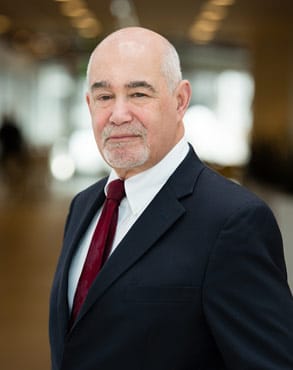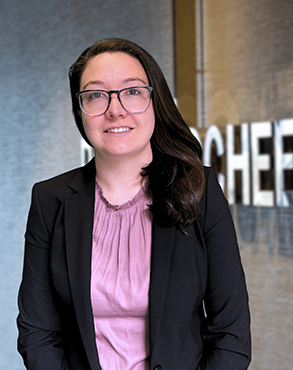Main Content
Top Rated Boston Law Firm
No Law Firm Is Rated Higher For Professional Skill and Ethics
Highly Experienced Trial Lawyers | An Obsessive Commitment to Client Service | A Consistent Record of Outstanding Results




RECENT SETTLEMENTS & VERDICTS
$6.75 Million
Premises Liability
$5 Million
Paramedic Negligence
$4.5 Million
Construction Site Negligence
$3.5 Million
Birth Injury
$2.75 Million
Motor Vehicle Negligence
$2.0 Million
Medical Malpractice
$2.0 Million
Wrongful Death
$1.75 Million
Negligent Supervision of Patient
$1.5 Million
Medical Malpractice
$1.5 Million
Product Liability
$1.35 Million
Motor Vehicle Negligence
$1.25 Million
Medical Malpractice
$1.13 Million
Motor Vehicle Negligence
$1.1 Million
Product Liability
$1 Million
Negligent Security
It’s All About Experience.
THERE IS A REASON SO MANY LAWYERS CHOOSE PARKER SCHEER LLP WHEN REFERRING THEIR PERSONAL INJURY CLIENTS
Parker Scheer LLP is a top-rated boutique law firm with practice groups concentrating in Complex Personal Injury, Business Law and Business Litigation, Real Estate, Workers’ Compensation, and Criminal Defense.
We are proud to hold the very highest ratings awarded to any law firm by many of the most respected, independent legal rating organizations in the nation, including The Best Lawyers in America, Martindale-Hubbell, Boston Magazine, Law and Politics Magazine, Avvo, and many others.
Personal Injury Cases We Handle
Meet Our Team
Client Testimonials
Andrea K.
Eric Parker saw the potential in my case and explored it in detail with patience and professionalism. He and his team achieved the outcome I was hoping for, and I can recommend Parker Scheer with absolute confidence.
Matt S.My case was very unique. Through his hard work and excellent skills, Attorney Tofani achieved the bestpossible outcome. I highly recommend Attorney Tofani.
Awards & Recognition







CALL US 7 DAYS A Week 617-886-0500
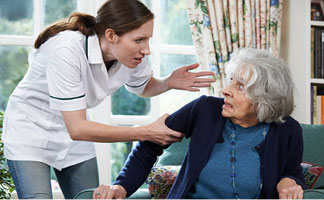
 Nursing Home Abuse & Neglect
Nursing Home Abuse & Neglect
 Medical Malpractice
Medical Malpractice
 Car Accidents
Car Accidents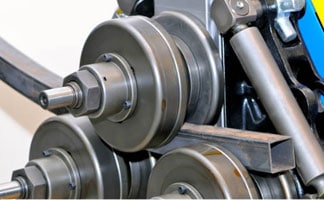
 Product Liability
Product Liability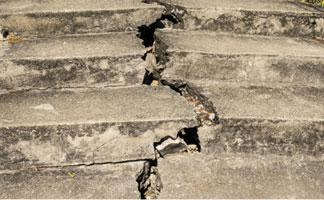
 Premises Liability
Premises Liability
 Dog Bites
Dog Bites
